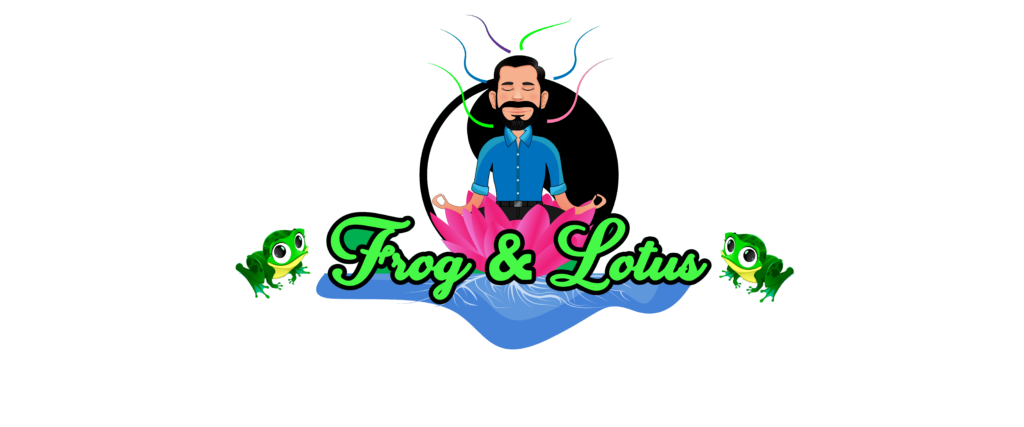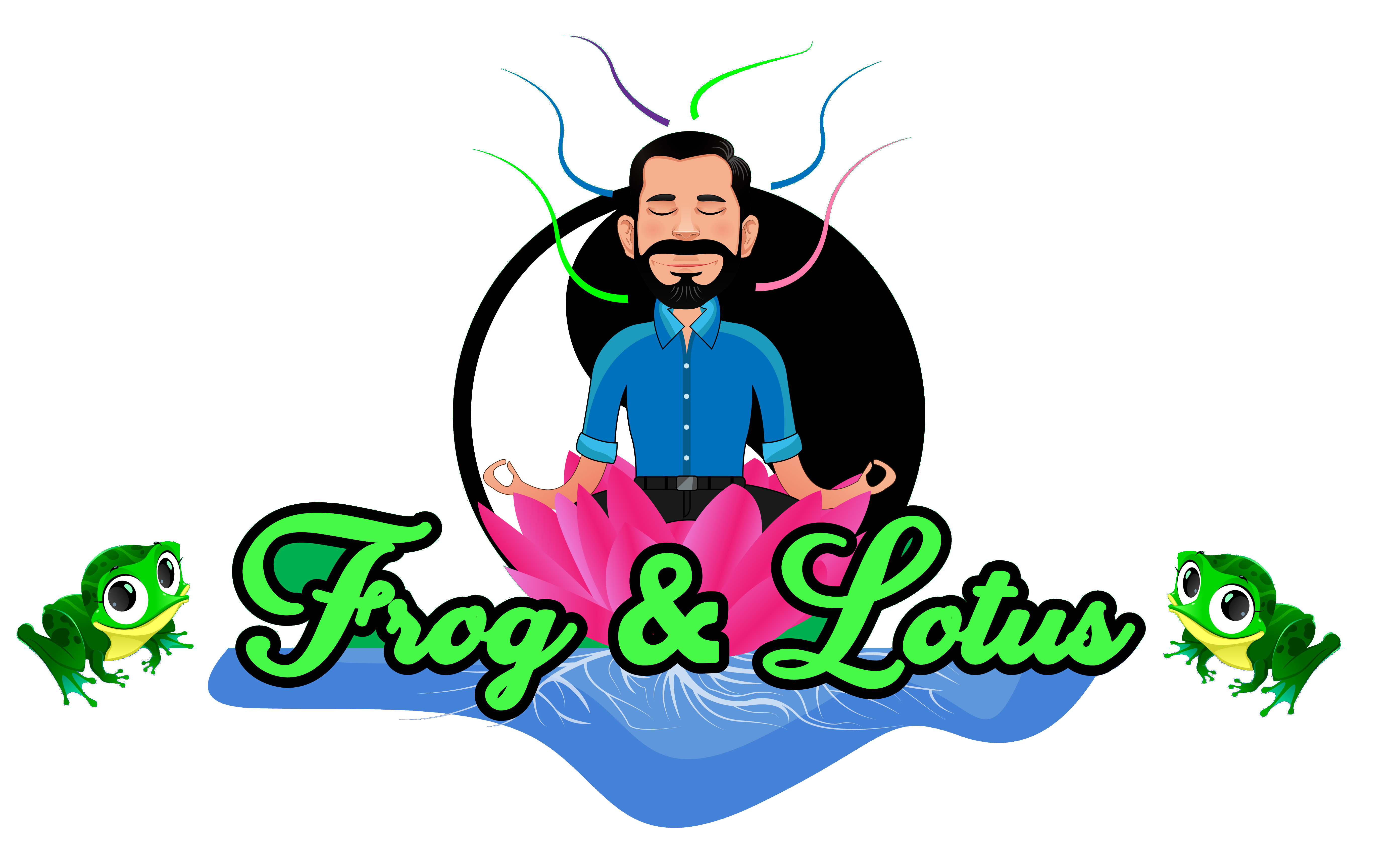Yesterday, we talked about the Myers-Briggs personality types, and specifically, the Introvert vs Extravert traits. Another great tool to get to know oneself is the DISC Personality Test. The letters in its name stand for Dominance, Influence, Steadiness, and Conscientiousness. The results of the profile tell an individual where they score on a range within each of these traits. It is a very helpful tool to use in hiring, team building, and simply getting to know yourself better. I’ve been working with a coach at the Tony Robbins Company for a while now and we often look at my tendencies as they relate to my own DISC profile.
My coach, Elizabeth, has taught me a lot about the typical beliefs and behaviors of people who have tendencies in each of the four areas. One that I find quite intriguing is the Conscientious trait, probably because I score highly in that area. I’ve learned that the greatest fear for someone who scores highly in “C” is that of being wrong. Ah, the duality of right and wrong. Perhaps this might give you some insight into my own moderate obsession with dualities. As a someone who scores above average on the “C” scale, apparently, I don’t like to be wrong. Of course, awareness is the key and now that I know I can work on it.
It is common for a conscientious person to have certain standards and expectations. When those expectations aren’t met, we have a tendency to judge them as wrong. Tony Robbins suggests that “When you trade your expectations for appreciation, your world will change in an instant.” This is easier said than done for a high “C.”
So where does the fear of being wrong come from? Why do our unchecked minds find the need to separate our individual selves from the unity that is found in oneness? Recall that A Course in Miracles defines separation as a “detour into fear” and Erich Fromm calls separation the “problem of human existence,” in The Art of Loving.
In the middle of the Garden of Eden was the tree that gives knowledge of what is good and what is bad. God told Adam and Eve not to eat from the fruit of this tree. But the serpent told them to eat it anyway and promised that if they did, they would become wise like God, and know right and wrong. Sometimes I wonder if a “C’s” fear of being wrong stems back to that moment in the Garden of Eden when they took that first bite. If that hadn’t happened, would I still be conscientious?
Photo by Tirza van Dijk on Unsplash


